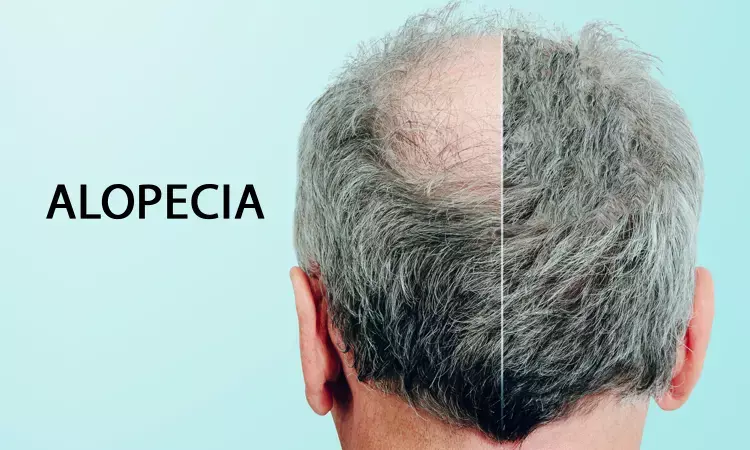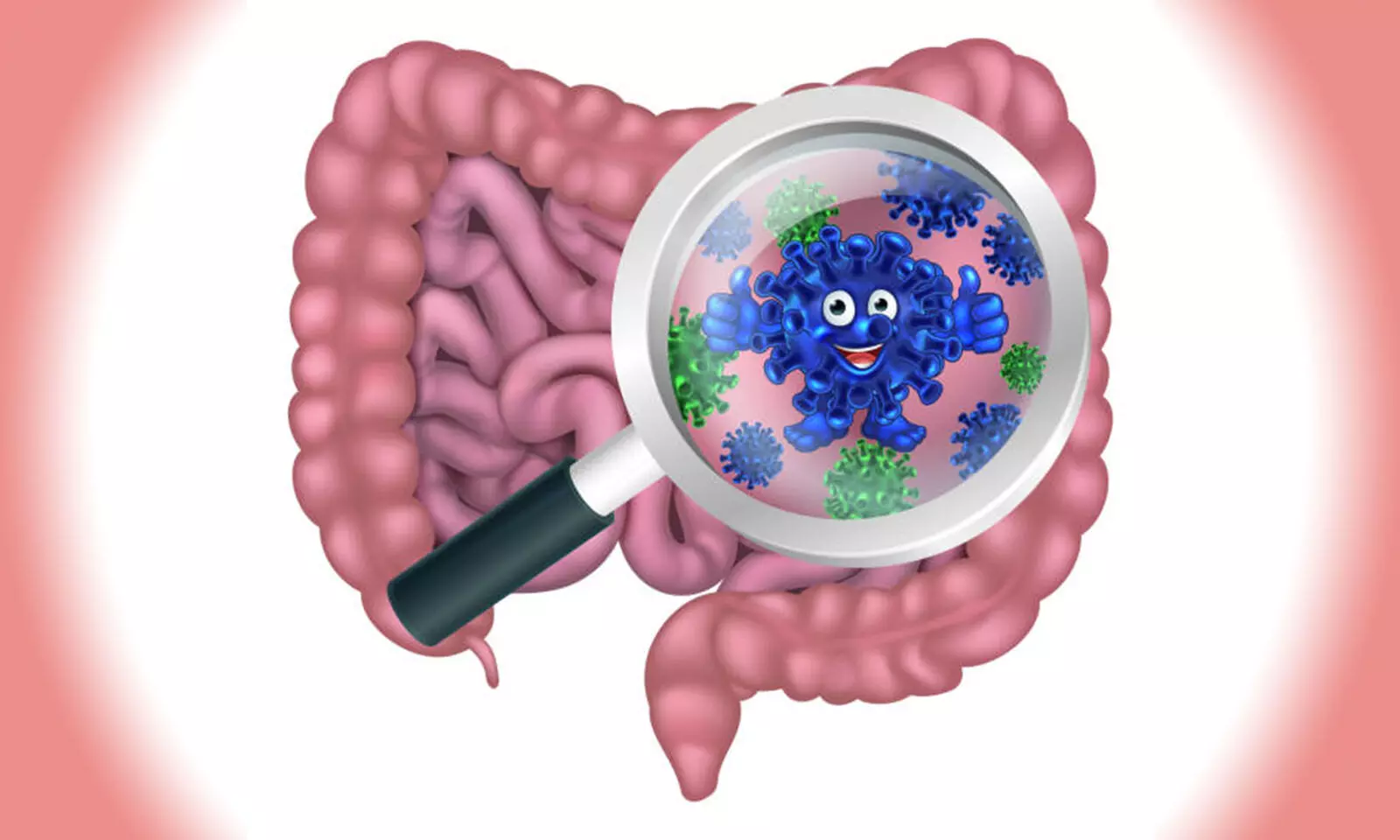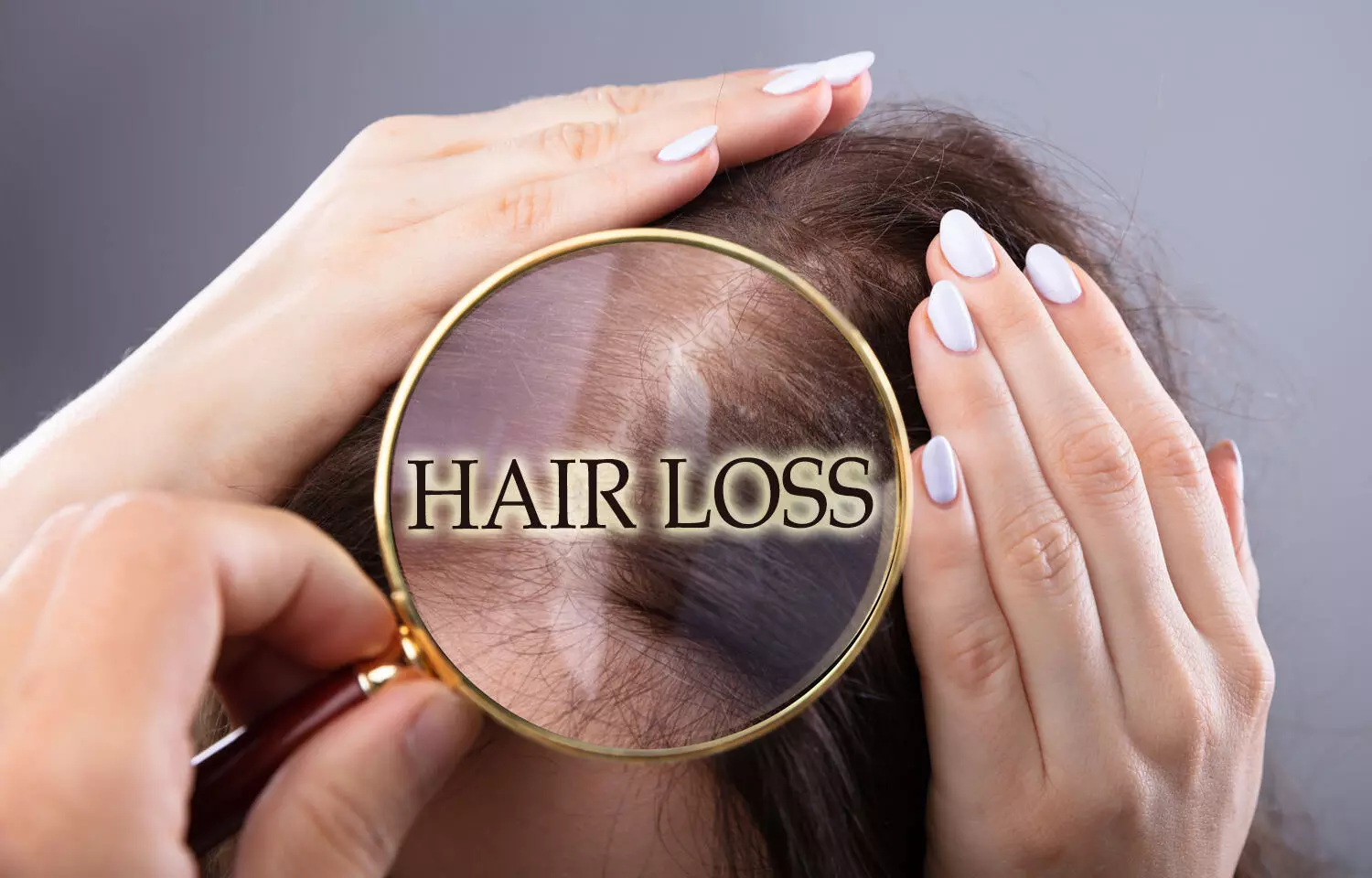- Home
- Medical news & Guidelines
- Anesthesiology
- Cardiology and CTVS
- Critical Care
- Dentistry
- Dermatology
- Diabetes and Endocrinology
- ENT
- Gastroenterology
- Medicine
- Nephrology
- Neurology
- Obstretics-Gynaecology
- Oncology
- Ophthalmology
- Orthopaedics
- Pediatrics-Neonatology
- Psychiatry
- Pulmonology
- Radiology
- Surgery
- Urology
- Laboratory Medicine
- Diet
- Nursing
- Paramedical
- Physiotherapy
- Health news
- Fact Check
- Bone Health Fact Check
- Brain Health Fact Check
- Cancer Related Fact Check
- Child Care Fact Check
- Dental and oral health fact check
- Diabetes and metabolic health fact check
- Diet and Nutrition Fact Check
- Eye and ENT Care Fact Check
- Fitness fact check
- Gut health fact check
- Heart health fact check
- Kidney health fact check
- Medical education fact check
- Men's health fact check
- Respiratory fact check
- Skin and hair care fact check
- Vaccine and Immunization fact check
- Women's health fact check
- AYUSH
- State News
- Andaman and Nicobar Islands
- Andhra Pradesh
- Arunachal Pradesh
- Assam
- Bihar
- Chandigarh
- Chattisgarh
- Dadra and Nagar Haveli
- Daman and Diu
- Delhi
- Goa
- Gujarat
- Haryana
- Himachal Pradesh
- Jammu & Kashmir
- Jharkhand
- Karnataka
- Kerala
- Ladakh
- Lakshadweep
- Madhya Pradesh
- Maharashtra
- Manipur
- Meghalaya
- Mizoram
- Nagaland
- Odisha
- Puducherry
- Punjab
- Rajasthan
- Sikkim
- Tamil Nadu
- Telangana
- Tripura
- Uttar Pradesh
- Uttrakhand
- West Bengal
- Medical Education
- Industry
Gut microbiota could be used for early diagnosis and treatment of alopecia areata: Study

China: A recent study in the Journal of Dermatological Science has found the overall gut microbial composition of people with alopecia areata (AA) to be distinct from healthy controls. This implies that gut microbiota plays a role in AA pathogenesis. So, gut microbial markers may potentially be used for earlier AA diagnosis and as therapeutic targets.
Alopecia areata is an autoimmune disorder that results in sudden hair loss starting with one or more circular bald patches that may overlap. Previous studies have shown the gut microbiota to play a key role in autoimmune diseases. Based on this, Qinping Yang, Fudan University, Shanghai, China, and colleagues aimed to identify and compare the characteristics in the gut microbial composition of patients with alopecia areata (AA) and healthy controls (HCs) in a cross-sectional discovery cohort.
The researchers enrolled 33 patients with AA and 35 HCs from the same geographic location in Shanghai, China. They conducted the 16S rRNA gene sequencing and bioinformatic analyses to analyze DNA extracted from the subjects.
The research yielded the following findings:
- The α-diversity of the AA group demonstrated no statistically significant differences compared with the HC group.
- The overall gut microbial communities in the AA group were distinct from the HCs.
- A random forest model was also adopted to select three AA-associated OTU biomarkers: OTU1237(Achromobacter), OTU257(Megasphaera), and OTU1784(Lachnospiraceae Incertae Sedis).
"Our findings showed that The overall gut microbial composition for AA was distinct from that of HCs," wrote the authors. "The gut microbial markers we identified may potentially be used for earlier diagnosis and as therapeutic targets."
Reference:
The study titled, "Gut microbiota characterization in Chinese patients with alopecia areata," is published in the Journal of Dermatological Science.
DOI: https://www.jdsjournal.com/article/S0923-1811(21)00076-1/fulltext
Dr Kamal Kant Kohli-MBBS, DTCD- a chest specialist with more than 30 years of practice and a flair for writing clinical articles, Dr Kamal Kant Kohli joined Medical Dialogues as a Chief Editor of Medical News. Besides writing articles, as an editor, he proofreads and verifies all the medical content published on Medical Dialogues including those coming from journals, studies,medical conferences,guidelines etc. Email: drkohli@medicaldialogues.in. Contact no. 011-43720751




